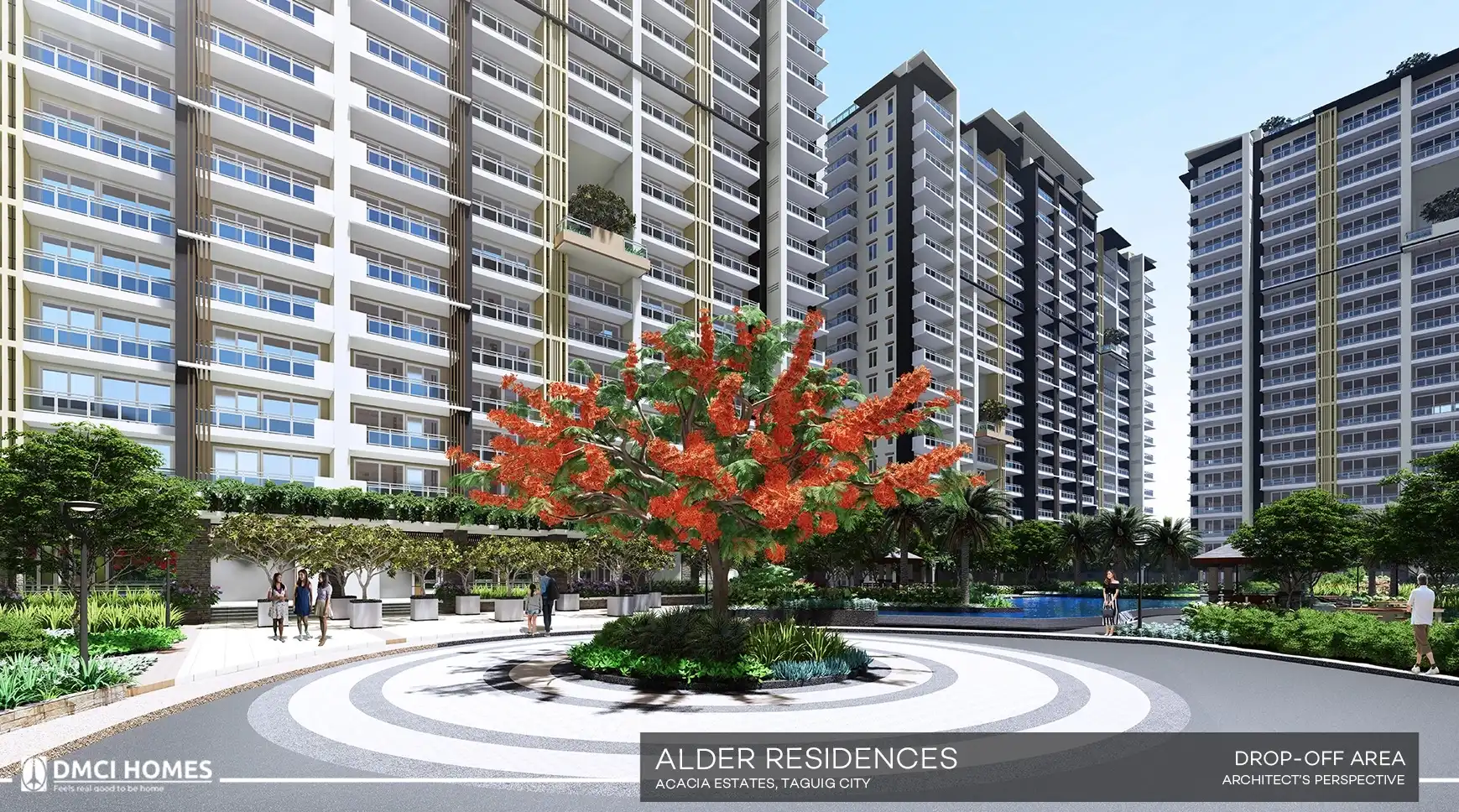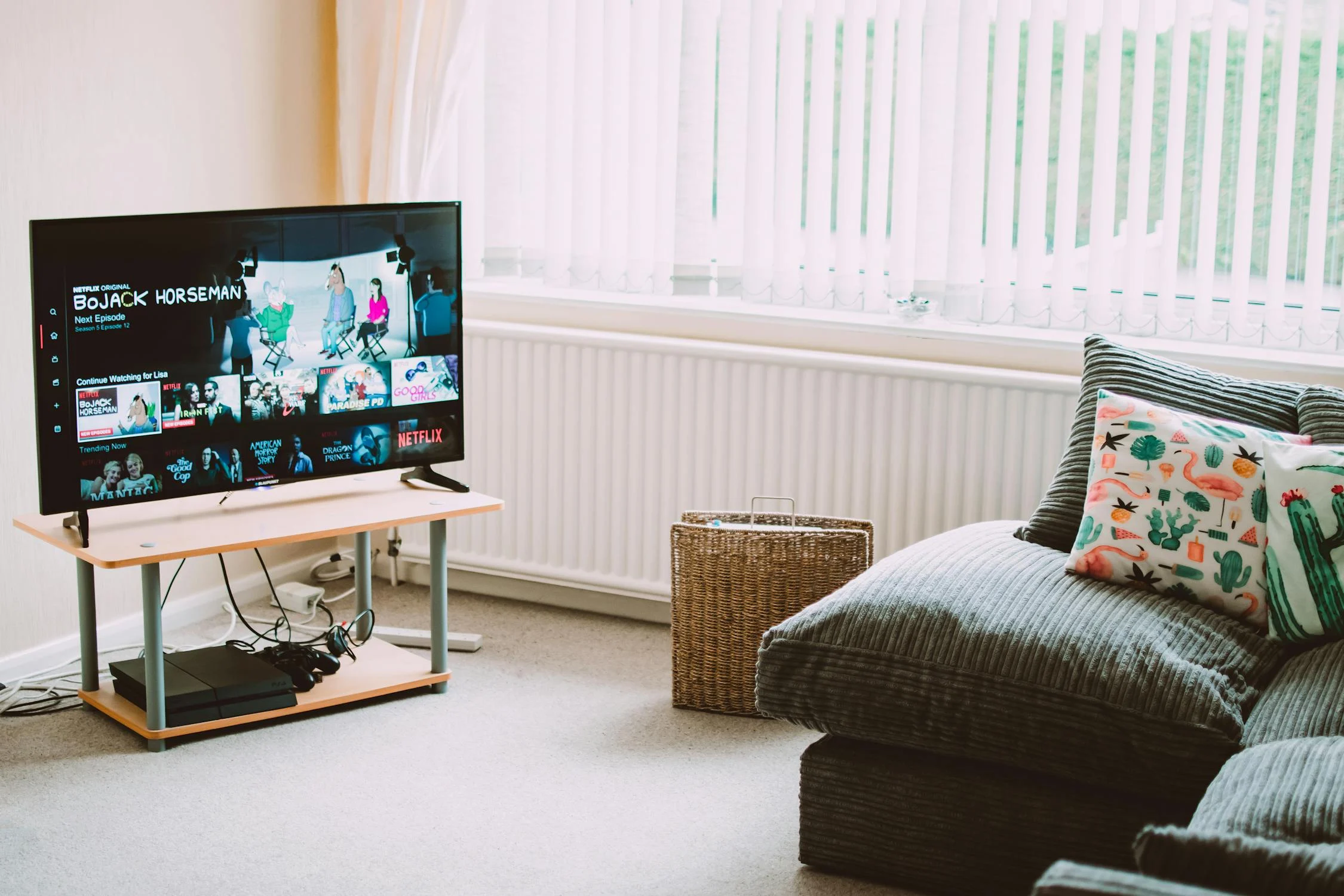Finding the perfect condo for condo investing is always an exciting journey. For many, the buzz around condos isn’t just about living in them anymore—there’s a growing awareness of their potential as a passive income. People are starting to see them as opportunities for real estate investment.
However, it’s also a significant financial decision. Without proper consideration, what might seem like a dream could turn into a long-term liability. Taking the time to assess your investment options is the first step toward making the right choice.
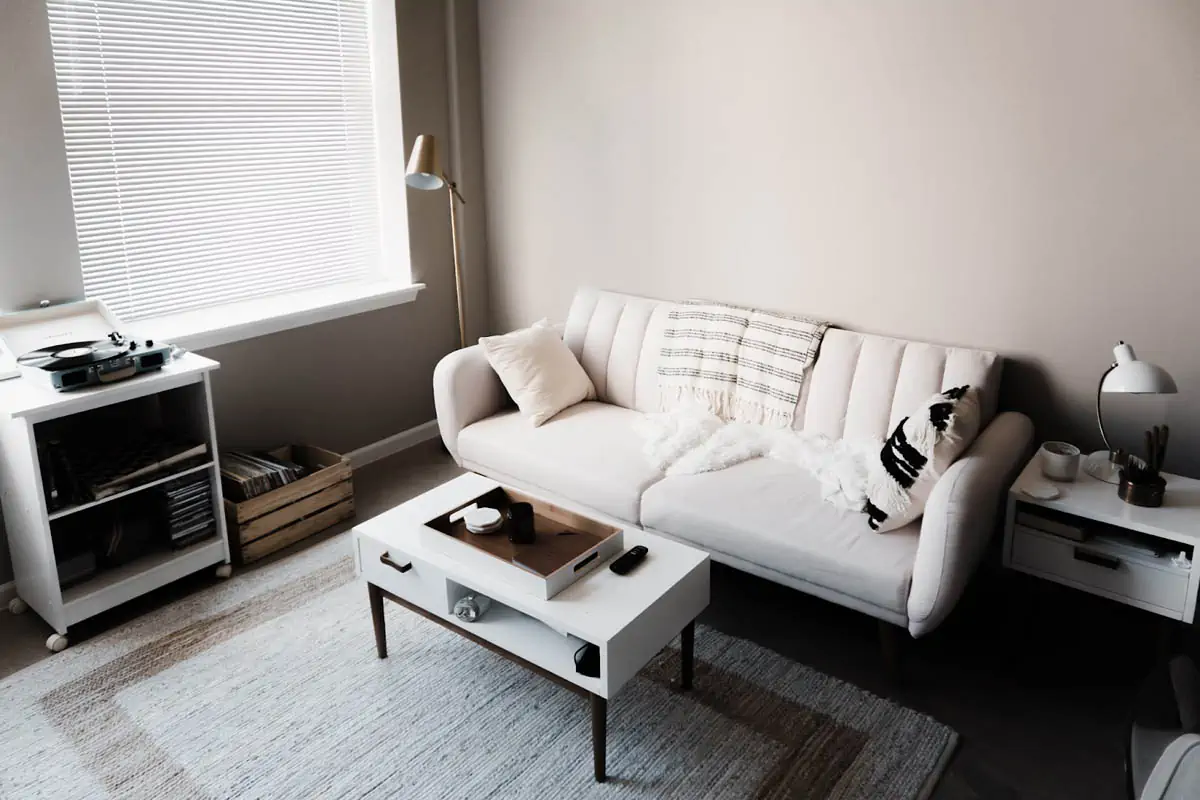 Photo courtesy of sadswim via Unsplash
Photo courtesy of sadswim via Unsplash
This article is here to guide you through the process of touring and assessing potential condos, so you can make informed decisions with confidence and look into the details that truly matter to you. Not every condo unit is going to fit into your lifestyle and needs.
In this DMCI Leasing article, there will be practical tips to help you look beyond the surface and consider the elements that could make or break your experience, whether it’s location, amenities, design, or even the feel of the community. The goal? To get you thinking critically about what works for your unique situation, so you can find a condo that feels right in every way—whether it’s for living, investing, or both.
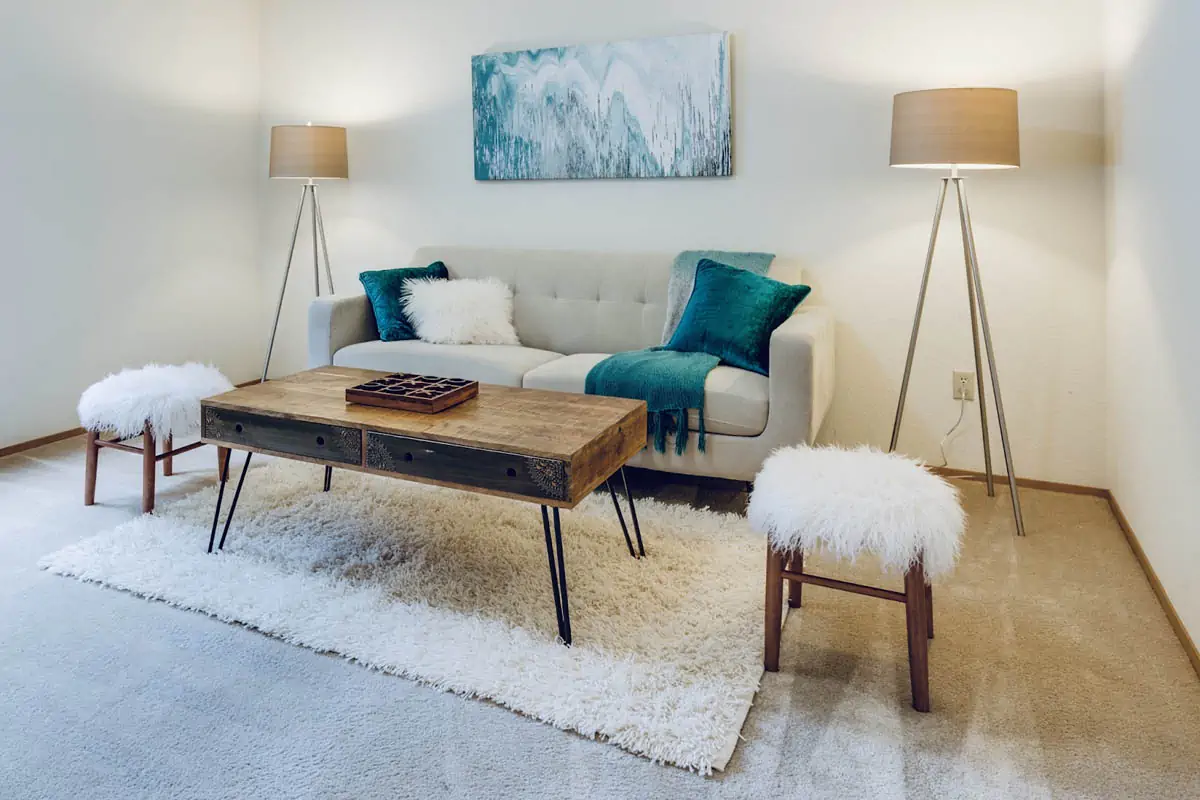 Photo courtesy of fromitaly via Unsplash
Photo courtesy of fromitaly via Unsplash
Preparing for the condo tour
Before jumping into the important aspects of buying a condo, it’s essential to take a step back and get a clear idea of your options. What’s out there? What do you truly need right now? And just as important—how will those needs evolve? A condo might look perfect today, but how will it serve you a few years down the line? Here are some things to consider in real estate properties:
1. Define your priorities
Start by identifying the key features you’re looking for in a home. Think about the size—how much space do you need for yourself or your family? What kind of layout suits your lifestyle? Amenities are another big factor: do you value access to a gym, a pool, or perhaps a coworking space? Ask yourself questions like:
- Do you work out regularly and want a gym on-site?
- Do you entertain guests often, requiring ample living space?
- Are you someone who needs natural light for productivity or relaxation?
Once you’ve figured out what’s important, create a checklist to guide your assessment. Include non-negotiables (like proximity to work or pet-friendly policies) and "nice-to-haves" (like a rooftop garden or extra storage). This clarity will help you narrow down your options more effectively.
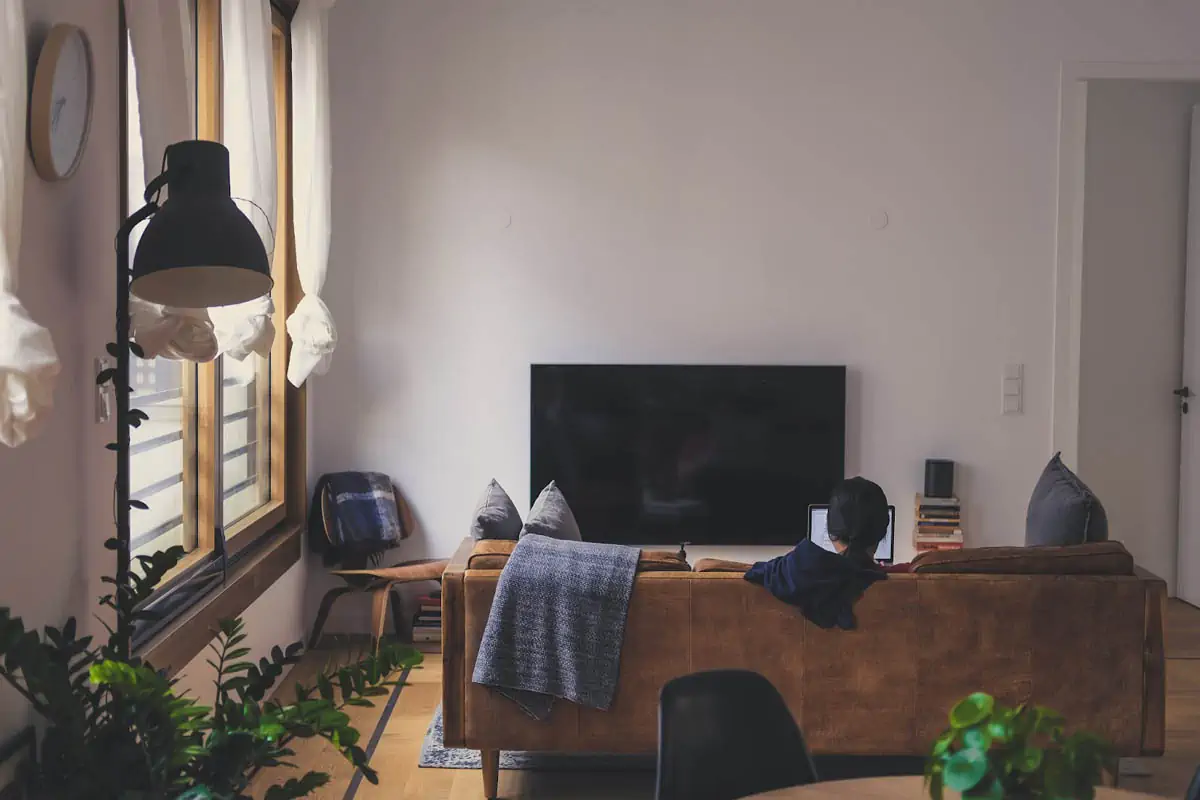 Photo courtesy of grtshw via Unsplash
Photo courtesy of grtshw via Unsplash
2. Research the neighborhood
The condo building itself is only part of the equation; the neighborhood is just as critical. Take the time to investigate the area’s offerings and how they align with your lifestyle. For example:
- Is it easy to get around? If you commute, how accessible is public transport?
- Are there grocery stores, restaurants, or cafes within walking distance? If you do your laundry outside, how close is the nearest laundromat?
- What’s the crime rate in the area? Do you feel safe walking around, especially at night?
- How often do you go out? Do you prefer quiet neighborhoods, or are you energized by animated cityscapes?
The goal is to envision not just how you’ll live in the condo, but how you’ll thrive in the surrounding community.
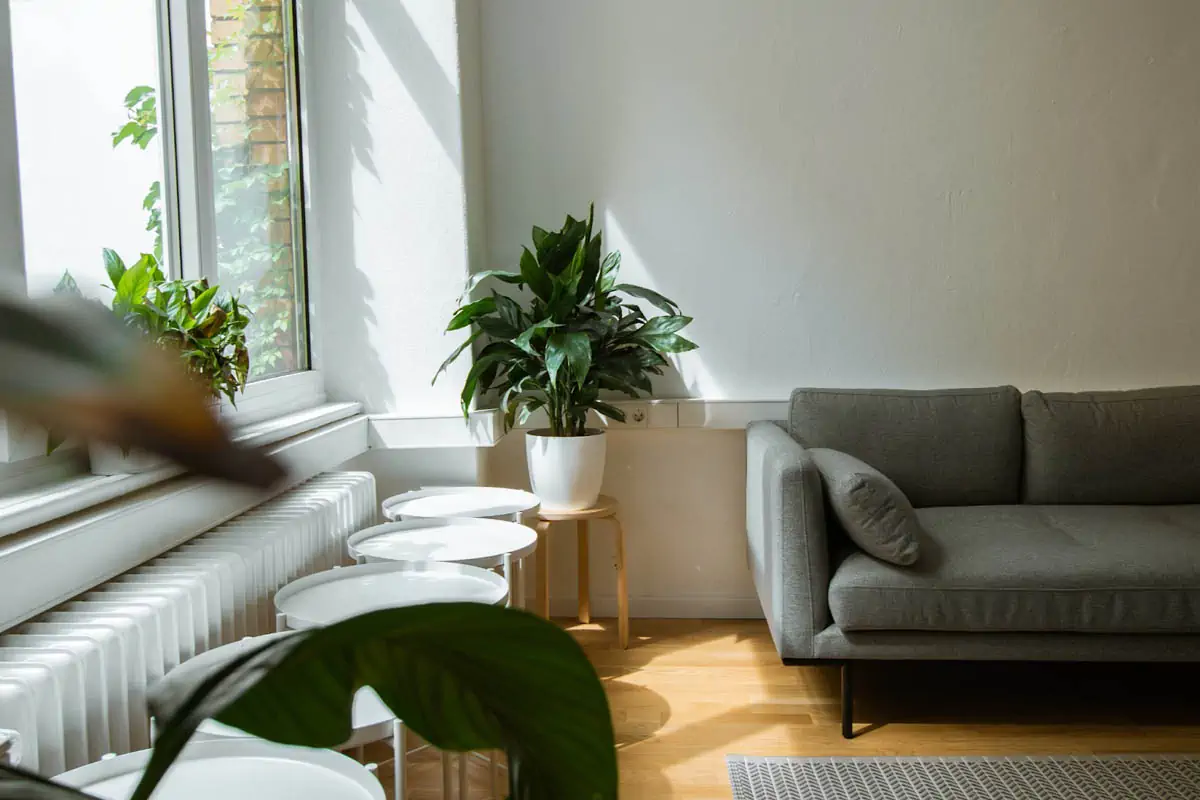 Photo courtesy of yapics via Unsplash
Photo courtesy of yapics via Unsplash
3. Set a budget
Your budget is one of the most defining factors in your condo search. This is about understanding the full picture of costs. Along with the base price, factor in additional expenses like association dues, maintenance fees, utility bills, and even commuting costs. Ask yourself:
- What is the maximum amount you’re comfortable spending monthly without straining your finances?
- How do maintenance fees compare across different condos, and are they worth the services provided?
- Are there hidden costs, like parking fees or property taxes, that might affect your budget?
- Will this investment be sustainable if your financial situation changes?
Being realistic and thorough in setting your budget ensures you avoid turning your condo into a financial liability. Remember, it’s not just about affordability now, but also about long-term manageability.
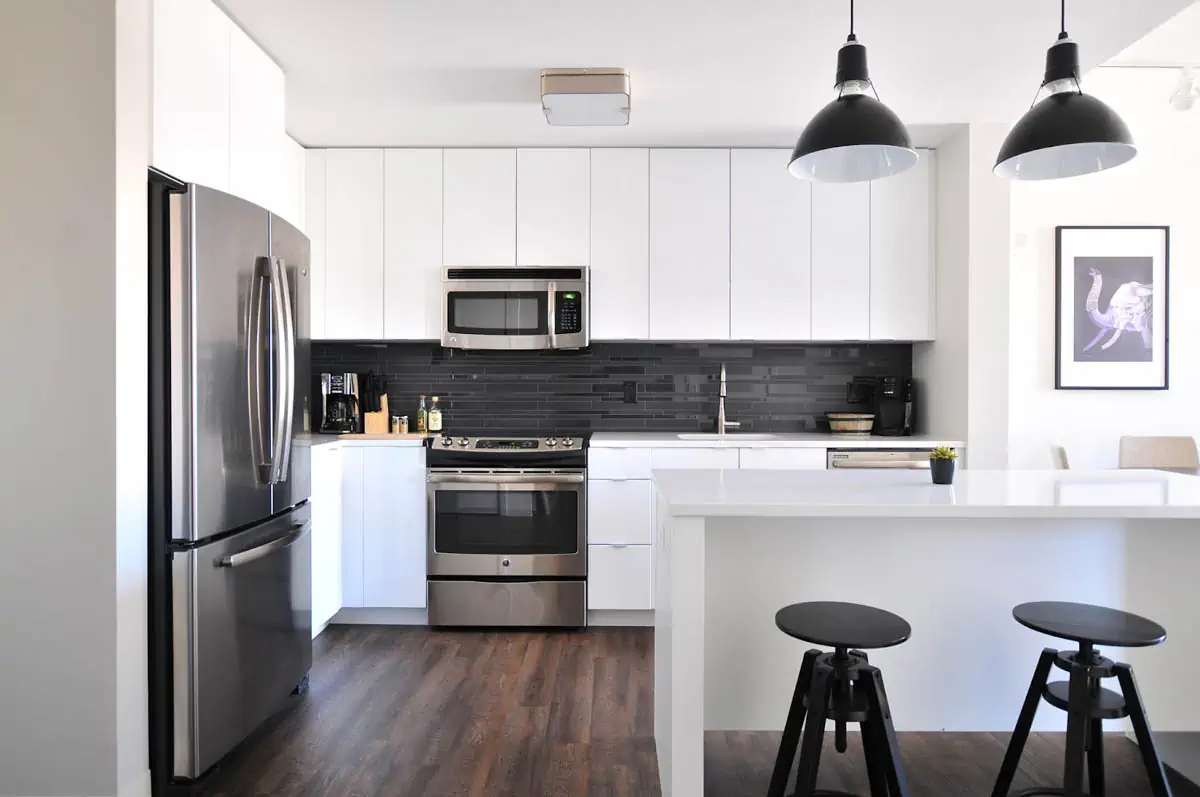 Photo courtesy of naomish via Unsplash
Photo courtesy of naomish via Unsplash
4. Schedule multiple tours
Even if a condo seems perfect on paper, nothing beats seeing it in person. Touring multiple condos is key to understanding your options and making informed comparisons. Plan to visit several properties, and if possible, bring a checklist or take notes during each visit. Pay attention to things like the condition of the building, the friendliness of the staff, and any potential issues that photos might not reveal. This method not only helps you evaluate each option objectively but also highlights which condos are genuinely worth considering.
Choosing a condo is not purely just scanning listings but also about understanding what aligns with your lifestyle and financial situation in the present while also thinking ahead. It’s worth spending time to explore your options, reflect on your priorities, and imagine how they’ll grow with you.
 Photo courtesy of hannahbusing via Unsplash
Photo courtesy of hannahbusing via Unsplash
Key factors to assess during the condo tour
During a condo tour, it’s easy to get caught up in the surface-level appeal—sleek interiors, modern fixtures, and a stunning view can be captivating. But beyond these aesthetics, it’s crucial to dig deeper into the condo’s technicalities. Think about the quality of construction, the functionality of utilities, and even the overall maintenance of the building. These factors might not be immediately obvious, but they can significantly impact your living experience and the condo’s long-term value:
1. Location and neighborhood
The location of a condo can make or break its value and your overall living experience. Start by assessing the condo’s proximity to your daily destinations. Use tools like Google Maps to calculate commute times to work, access to public transport, and the distance to schools, grocery stores, gyms, and other amenities. Ask yourself:
- How convenient is it to run errands or grab a quick meal?
- Are there hospitals nearby, especially if you or someone in your household has a medical condition?
- Is the neighborhood aligned with your lifestyle—quiet and residential, or busy and vibrant?
Safety should always be non-negotiable. Look into the crime rate in the area and assess the general ambiance. Are the streets well-lit? Do you feel comfortable walking around, especially at night? Don’t hesitate to visit the area at different times of the day to get a feel for the environment.
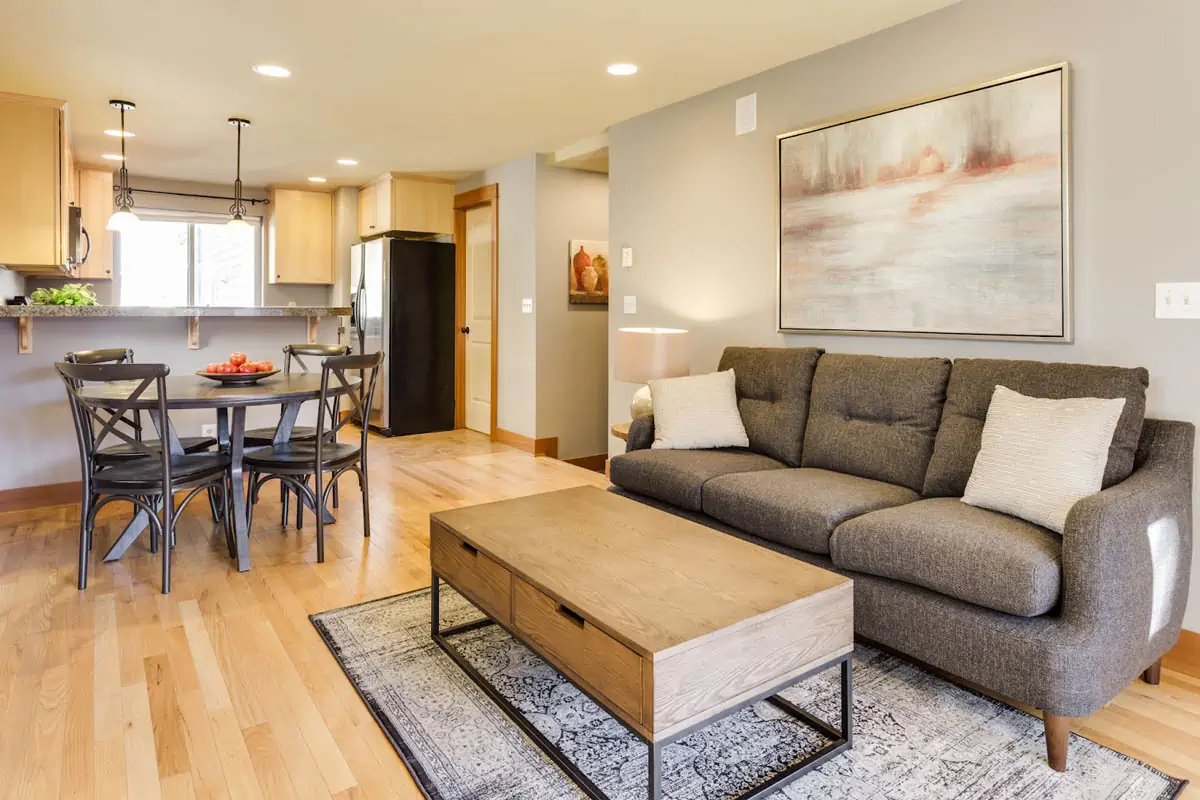 Photo courtesy of fromitaly via Unsplash
Photo courtesy of fromitaly via Unsplash
2. Building condition
A condo’s building condition speaks volumes about how well it’s managed. During your visit, take a good look at the common areas like the lobby, hallways, and elevators. Are they clean and well-maintained? Do the elevators function properly, or do they look outdated?
Inspect the building’s exterior too—are there visible cracks, signs of wear, or poorly maintained landscaping? The condition of shared spaces, such as the gym, pool, or lounge, can also give insight into how much effort is put into maintaining the property.
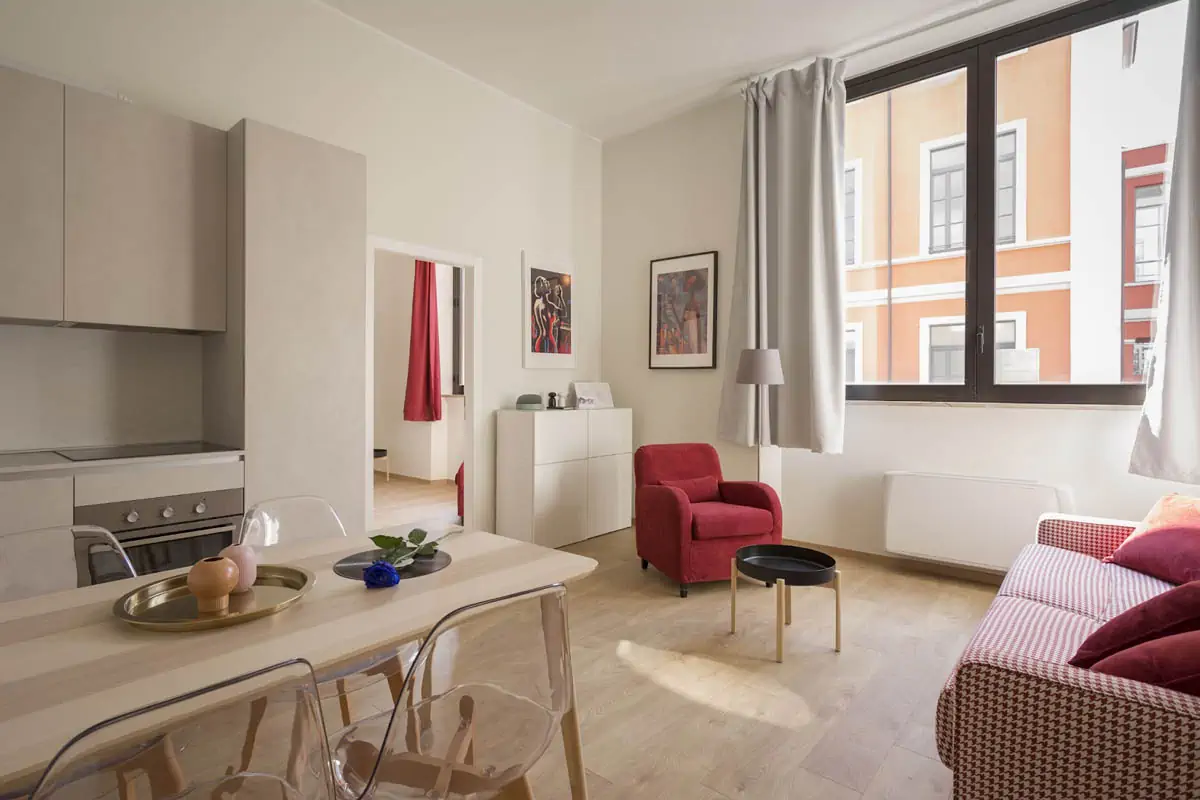 Photo courtesy of fromitaly via Unsplash
Photo courtesy of fromitaly via Unsplash
3. Unit condition
Inside the unit, pay close attention to any signs of wear and tear. Peeling paint, cracks in walls, water stains, or warped floors can indicate underlying problems like water damage or poor construction. Mold is particularly important to look for—it’s easy to overlook but can cause severe health issues if present.
When it comes to the quality of materials, here are a few things to consider:
- Doors and windows - Are they sturdy, easy to open, and properly sealed? Drafts or difficulty in operation could mean energy inefficiency.
- Flooring - Look at the condition of tiles, hardwood, or carpets. Are there gaps, cracks, or discolorations?
- Plumbing and fixtures - Check faucets, showers, and toilets for leaks or poor water pressure. Open cabinets under sinks to see if there’s water damage or mold.
- Electrical outlets - Test outlets and light switches to ensure they’re functional and well-placed.
High-quality finishes and materials often indicate a well-constructed unit that’s likely to last. Don’t be shy about asking the property manager or realtor about the age of the building and any recent renovations or repairs. Small details can reveal a lot about how much care has gone into the unit—and whether it’s worth your investment.
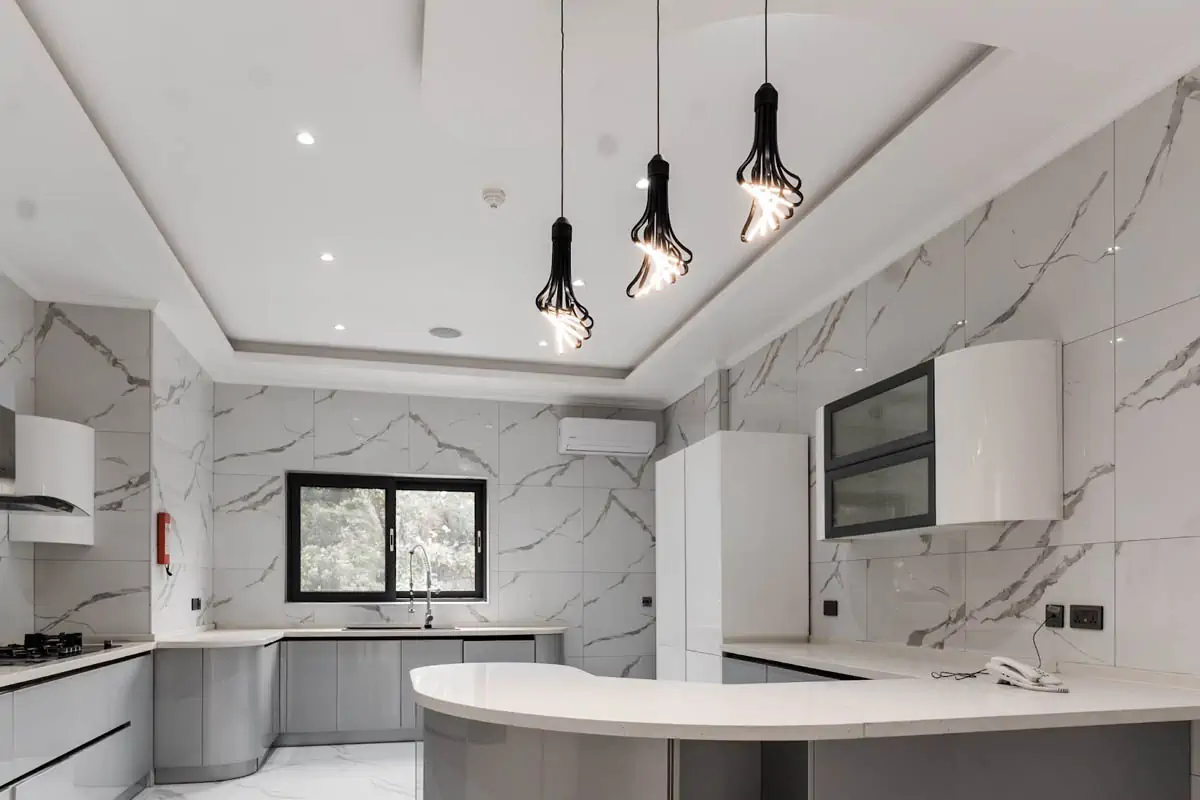 Photo courtesy of emmages via Unsplash
Photo courtesy of emmages via Unsplash
4. Space and layout
The condo’s space and layout are just as important as its location and condition. Start by evaluating whether the overall size of the unit meets your needs. Does the number of rooms and the square footage fit your current lifestyle? Consider the layout and flow of the space—are the rooms well-placed and functional, or does the design feel cramped and awkward?
Take a close look at storage options. Is there enough closet space for your clothes, seasonal items, and other belongings? Check kitchen cabinets, bathroom storage, and any additional built-ins to ensure they can accommodate what you need. If storage feels limited, think about whether you’re willing to invest in organizing solutions or additional furniture.
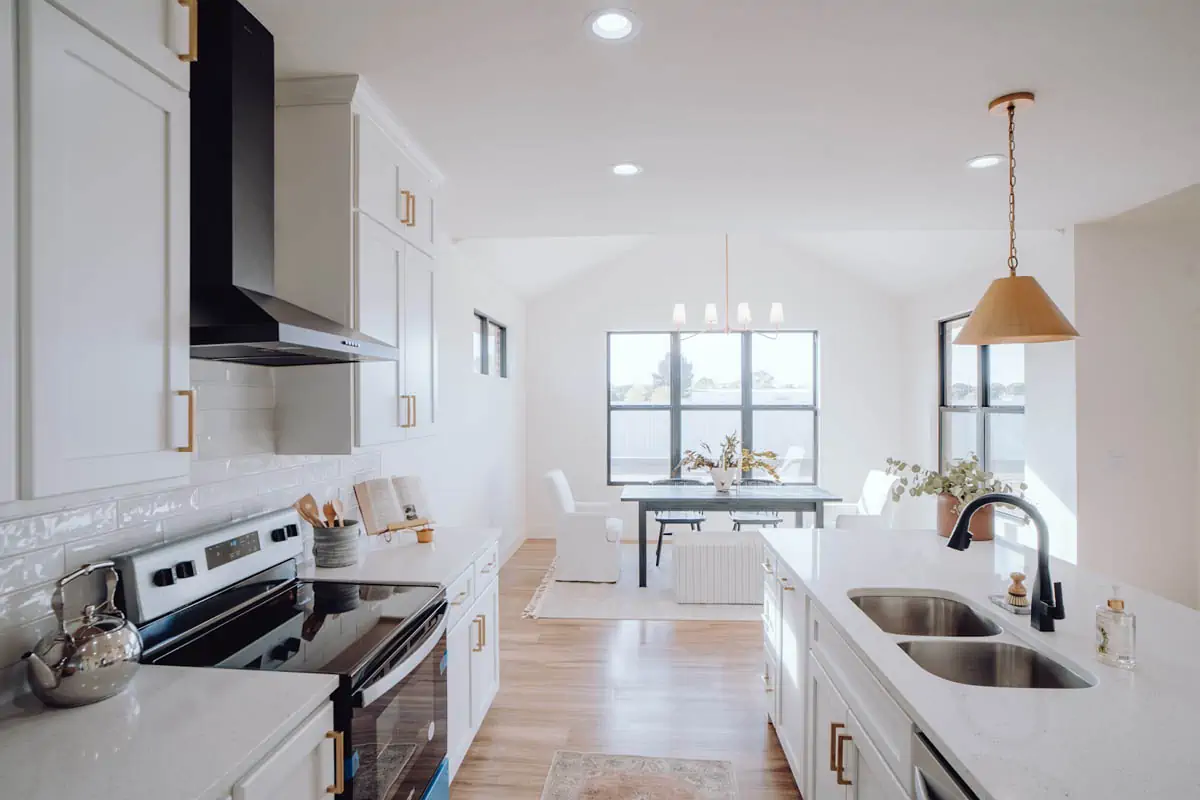 Photo courtesy of baileyal3xander via Unsplash
Photo courtesy of baileyal3xander via Unsplash
When it comes to furniture, imagine how your interiors will look. Will your existing pieces fit into the space without making it feel cluttered? If you’re starting fresh, consider whether the layout can support the style you envision. Use measuring tapes to get accurate dimensions and compare them with your furniture’s measurements. This can help you avoid surprises like discovering your favorite sofa is too large for the living room or that your dining table doesn’t fit comfortably.
When searching for the perfect condo, these core elements—location and neighborhood, building condition, unit condition, and space and layout—should always come first on your checklist. These are the foundation of your decision-making process and the aspects you absolutely shouldn’t compromise on.
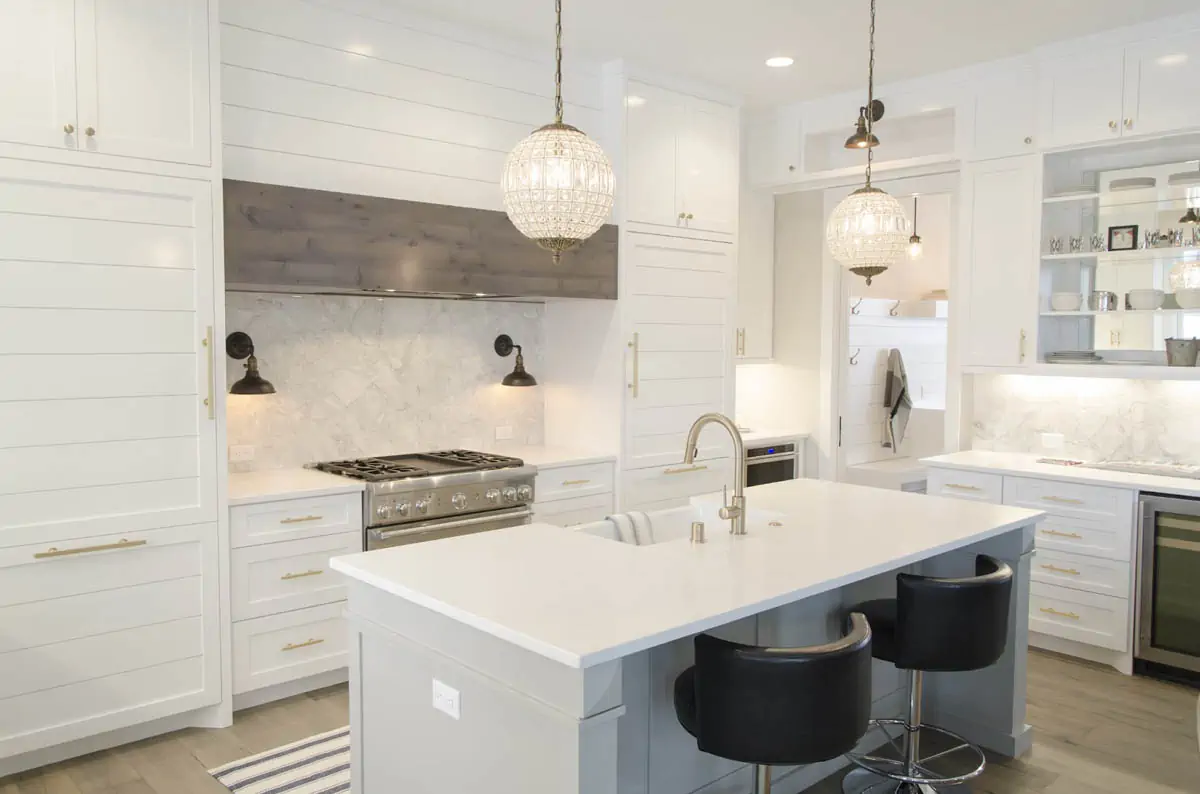 Photo courtesy of aahubs via Unsplash
Photo courtesy of aahubs via Unsplash
Assessing building amenities and services
Once you’ve thoroughly assessed the essentials, it’s time to shift your focus to the amenities and services the condo offers. These extras can elevate your living experience and add value to your investment. While they’re not as critical as the core elements, they can be the deciding factor when choosing between properties that meet your primary needs. Explore how to approach this step:
1. Security and safety features
Safety starts at home, and your condo building should prioritize your protection as much as you do. Evaluate the building’s security measures to ensure peace of mind. Check for:
- Entry systems - Is access to the building restricted to residents and authorized personnel? Look for features like key card entry, biometric scanners, or PIN codes for added security.
- Surveillance cameras - Are there well-placed CCTV cameras monitoring entry points, hallways, elevators, and parking areas?
- Security staff - Does the building have 24/7 security personnel? Are they proactive, approachable, and well-trained?
- Policies and regulations - What rules are in place to ensure resident safety? For instance, are there visitor sign-in procedures or restrictions on deliveries?
Your surrounding neighborhood should be safe, but the building itself should act as a second layer of protection. A secure building not only ensures your safety but also protects your investment.
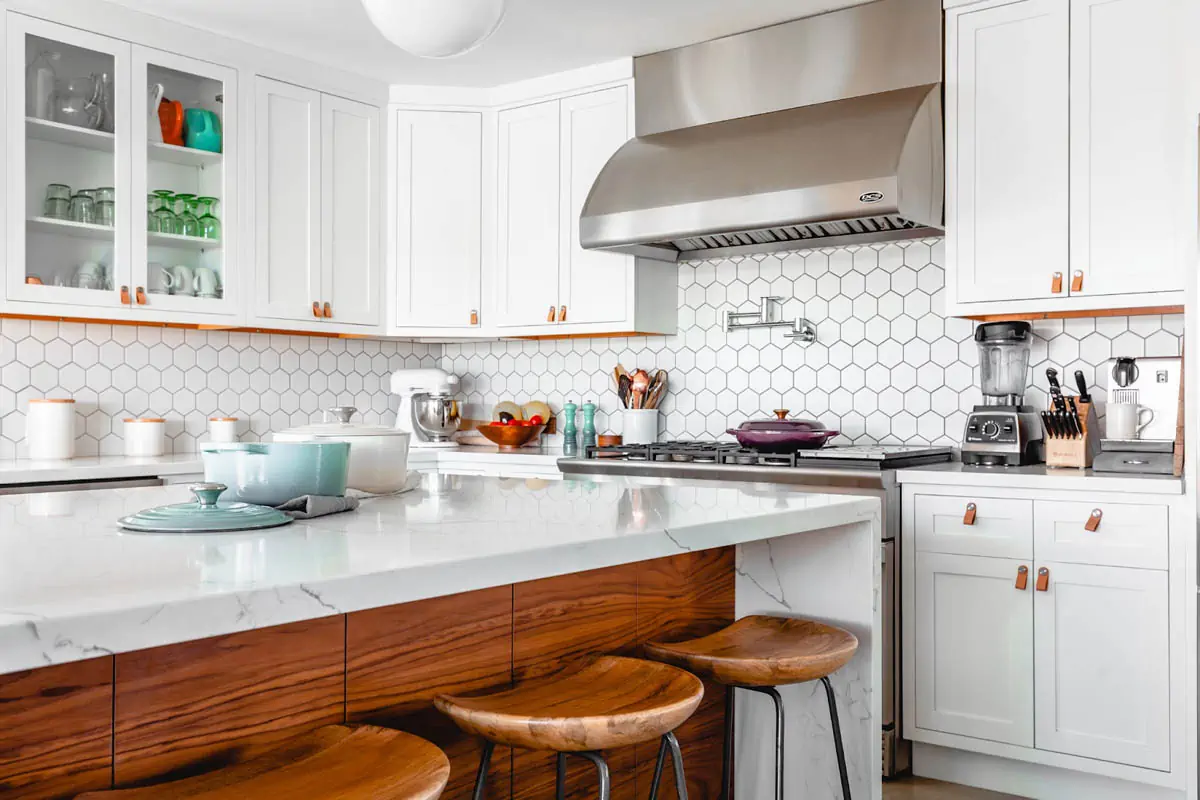 Photo courtesy of roamincolor via Unsplash
Photo courtesy of roamincolor via Unsplash
2. Common areas and amenities
Once you’ve confirmed the essentials, explore the building’s common areas and amenities to see how they fit into your lifestyle. Depending on your priorities, these features can greatly enhance your living experience:
- Gyms and fitness centers - If you work out regularly, a well-equipped gym can save you the cost and time of a separate membership.
- Pools and rooftop spaces - Do you value relaxation or entertaining guests in stylish communal areas?
- Lounges and party rooms - If you host events or gatherings, these can be a huge convenience.
- Co-working spaces - For remote workers, having an on-site work area can boost productivity.
When evaluating amenities, ask yourself what you’ll realistically use. A building with multiple underused features might seem appealing but could come with higher association fees that don’t match your lifestyle. Prioritize amenities that genuinely add value and complement your day-to-day needs.
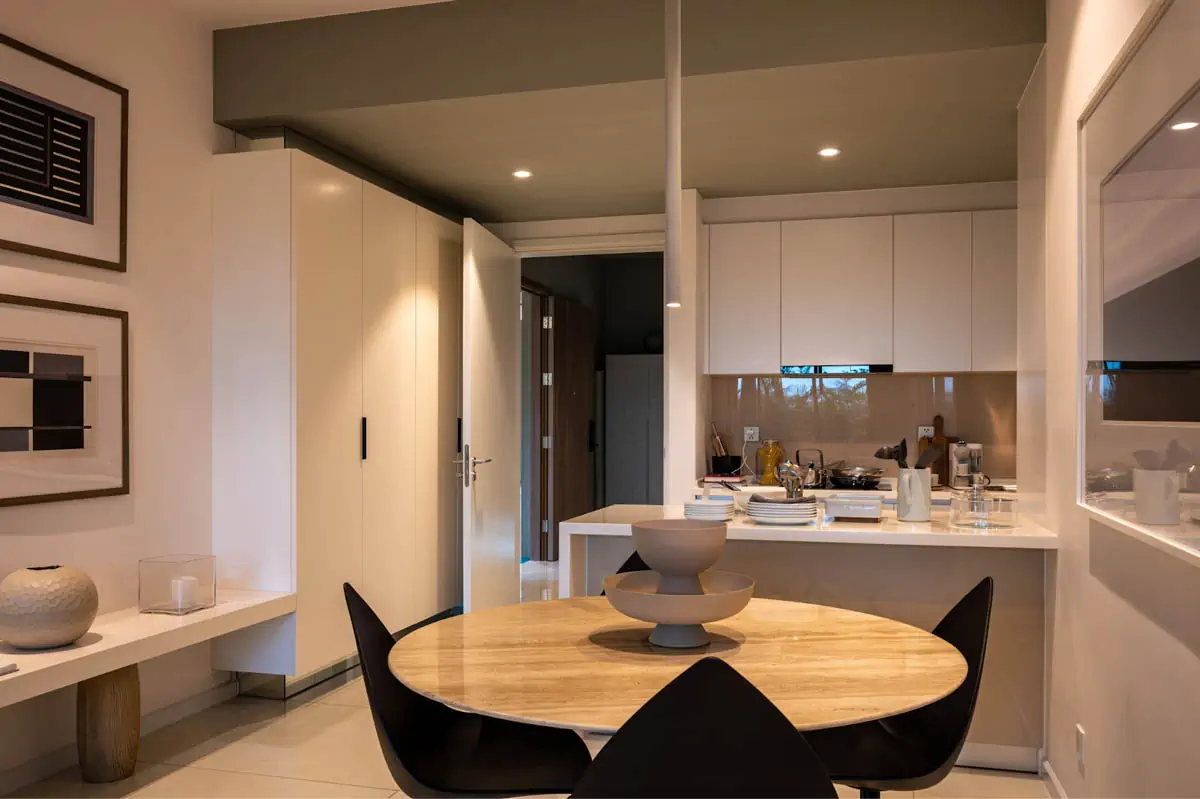 Photo courtesy of huynguyen_pch via Unsplash
Photo courtesy of huynguyen_pch via Unsplash
3. Parking and storage
Parking and storage might not seem like top priorities at first, but they can make a significant difference in your daily convenience. If you own a car or use another form of personal transport, consider:
- Parking availability - Does the building offer reserved parking spots? Is guest parking available, and how easy is it to access?
- Convenience - Is the parking area well-lit, secure, and easily accessible from your unit?
- Cost - Are parking spaces included in your rent or purchase price, or are they an additional expense?
For those who commute or rely on public transportation, parking may not matter as much, but storage options could still be important. Look into:
- Storage units - Does the building offer personal storage spaces for items like seasonal decorations, bulky equipment, or archived belongings?
- Specialized storage - Are there bike racks, stroller spaces, or areas for larger items?
- Access and security - Is the storage area secure and easy to access when needed?
Having adequate parking and storage can also reflect the building’s attention to resident needs.
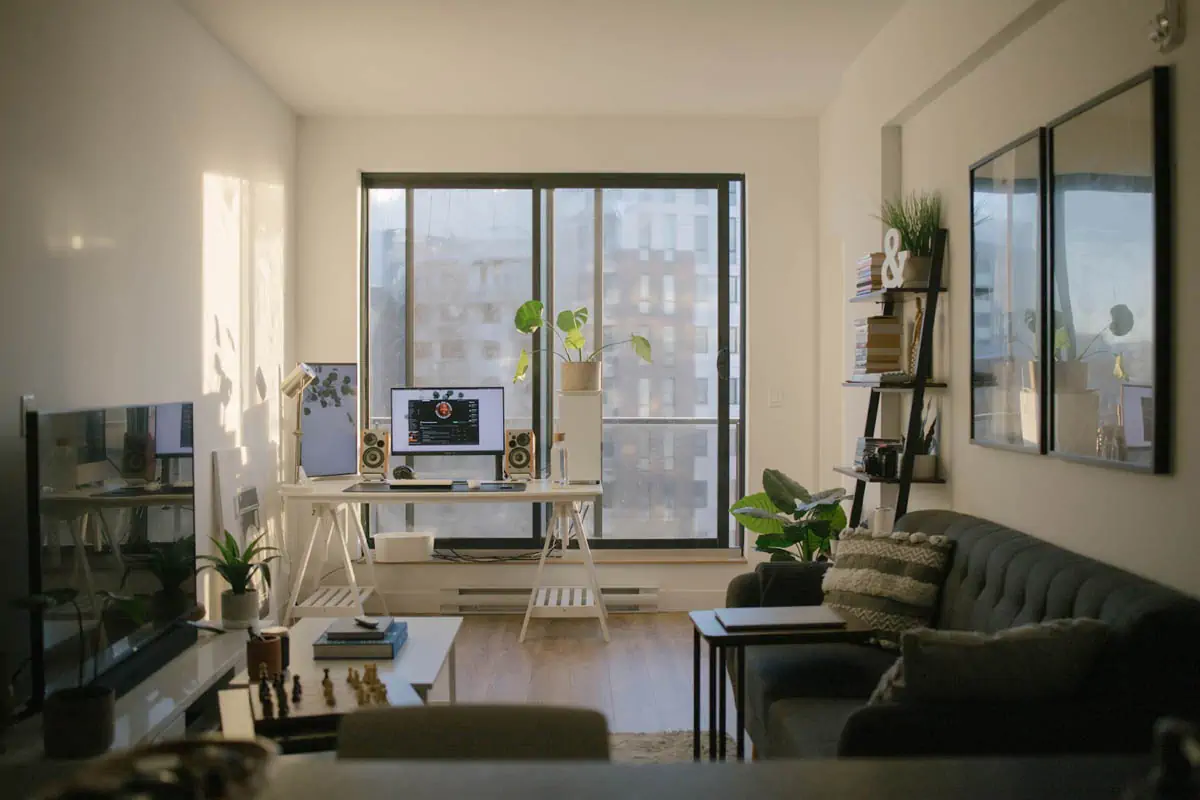 Photo courtesy of medbadrc via Unsplash
Photo courtesy of medbadrc via Unsplash
4. Maintenance and building management
The building’s maintenance and management team plays a huge role in your overall living experience. A poorly managed condo can lead to frustrating delays and a decline in the property’s condition over time. Here’s what to evaluate:
- Maintenance system - How does the building handle repairs? Is there an online request system or a dedicated maintenance staff?
- Responsiveness - How quickly does the management team respond to requests or complaints? This can often be gauged by speaking to current or former residents.
- Management team - Does the management seem professional and approachable? Ask about their policies for handling emergencies, routine maintenance, and upgrades.
- Fees and transparency - Are maintenance fees clearly outlined, and do they seem reasonable for the services provided?
If possible, reach out to residents or look up testimonials about the building’s management. Knowing that issues will be resolved efficiently can give you peace of mind and make condo living much more enjoyable.
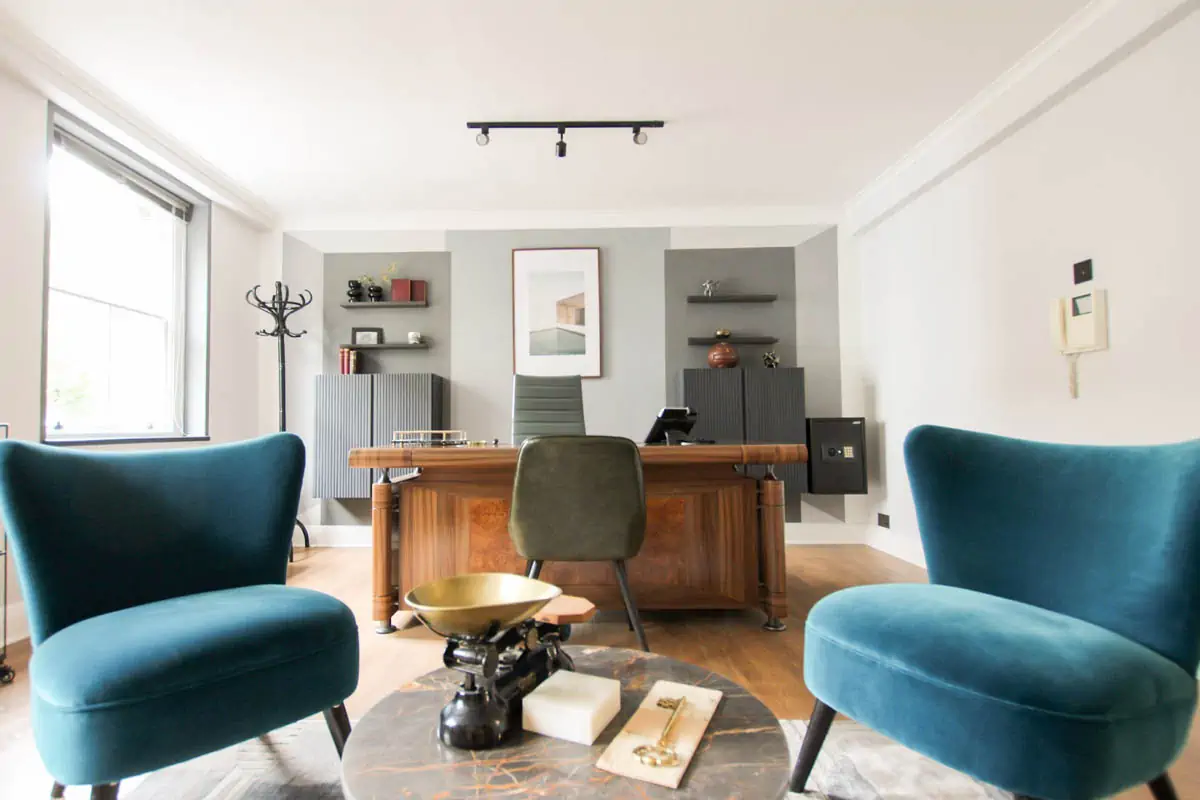 Photo courtesy of gianpaoloaliatis via Unsplash
Photo courtesy of gianpaoloaliatis via Unsplash
Financial considerations and hidden costs
This is where the practicalities of affordability, long-term costs, and the overall value of your investment are talked about. A condo might seem perfect on the surface, but if it doesn’t align with your budget or future financial goals, it could lead to unnecessary stress. Here are elements to consider to approach this critically:
1. Monthly expenses
Understanding the monthly fees and what they cover is important to avoid surprises later on. Maintenance fees, often referred to as association dues, are standard in most condos and typically cover shared expenses such as:
- Building upkeep (e.g., cleaning, repairs, landscaping)
- Utilities like water, garbage collection, or electricity for common areas
- Security services and amenities maintenance (e.g., gym equipment, pool cleaning)
It’s important to ask:
- How much are the monthly fees, and are they fixed or subject to change?
- What exactly is covered, and are there any utilities or services you’ll need to pay for separately?
- Are the fees reasonable for the quality and extent of the amenities and services provided?
Knowing this upfront helps you factor these costs into your overall budget and ensures you’re not blindsided by hidden expenses.
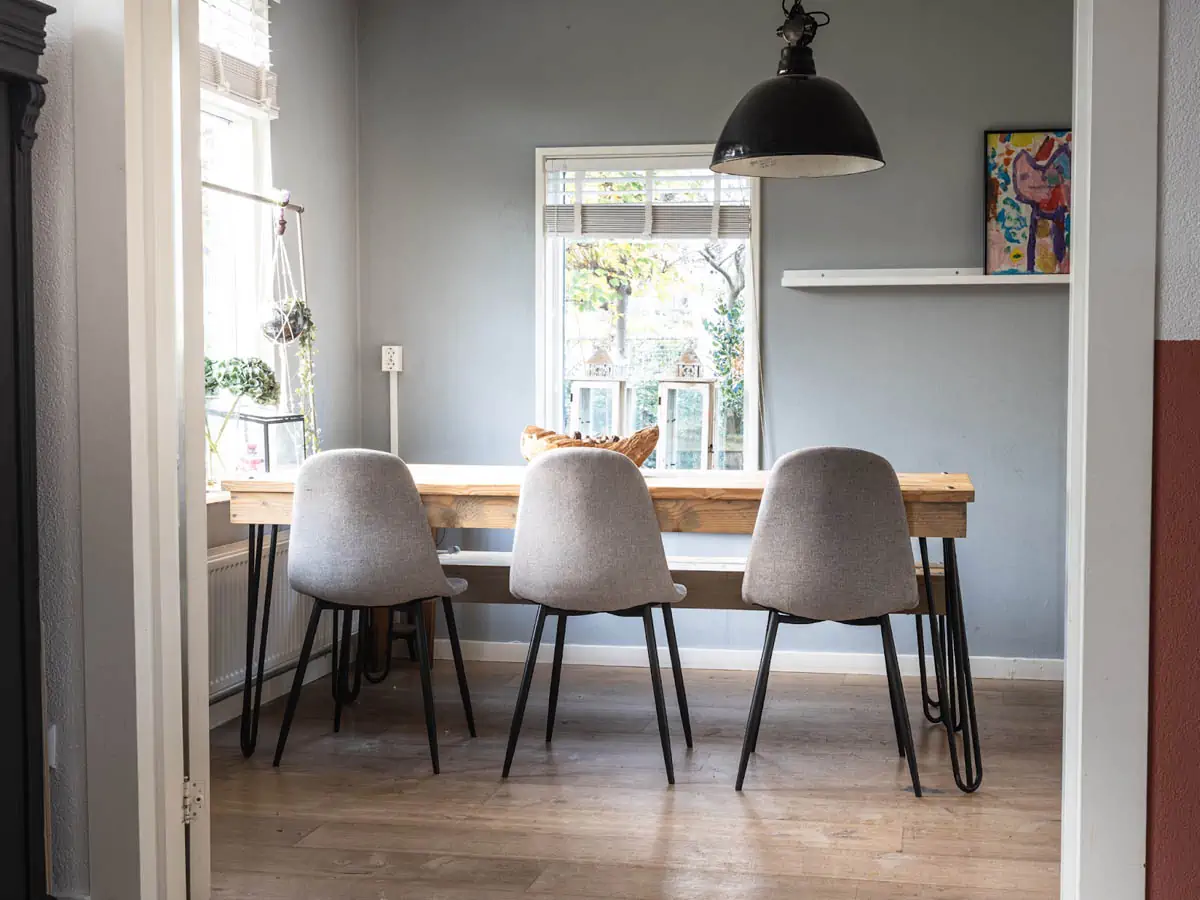 Photo courtesy of seffen99 via Unsplash
Photo courtesy of seffen99 via Unsplash
2. Special assessments and future costs
Special assessments are additional fees charged to residents for major repairs, renovations, or upgrades to the building that aren’t covered by regular maintenance fees. These can significantly impact your finances, so it’s essential to ask:
- Are there any planned special assessments shortly? For instance, upgrades to shared amenities or major structural repairs.
- How does the condo association decide on special assessments, and are residents given prior notice?
- What long-term plans does the management have for the building?
A forward-thinking management team that regularly updates infrastructure and facilities can indicate a well-maintained property but may also mean occasional increases in fees. It also helps you gauge whether the investment will remain affordable and worthwhile in the long run.
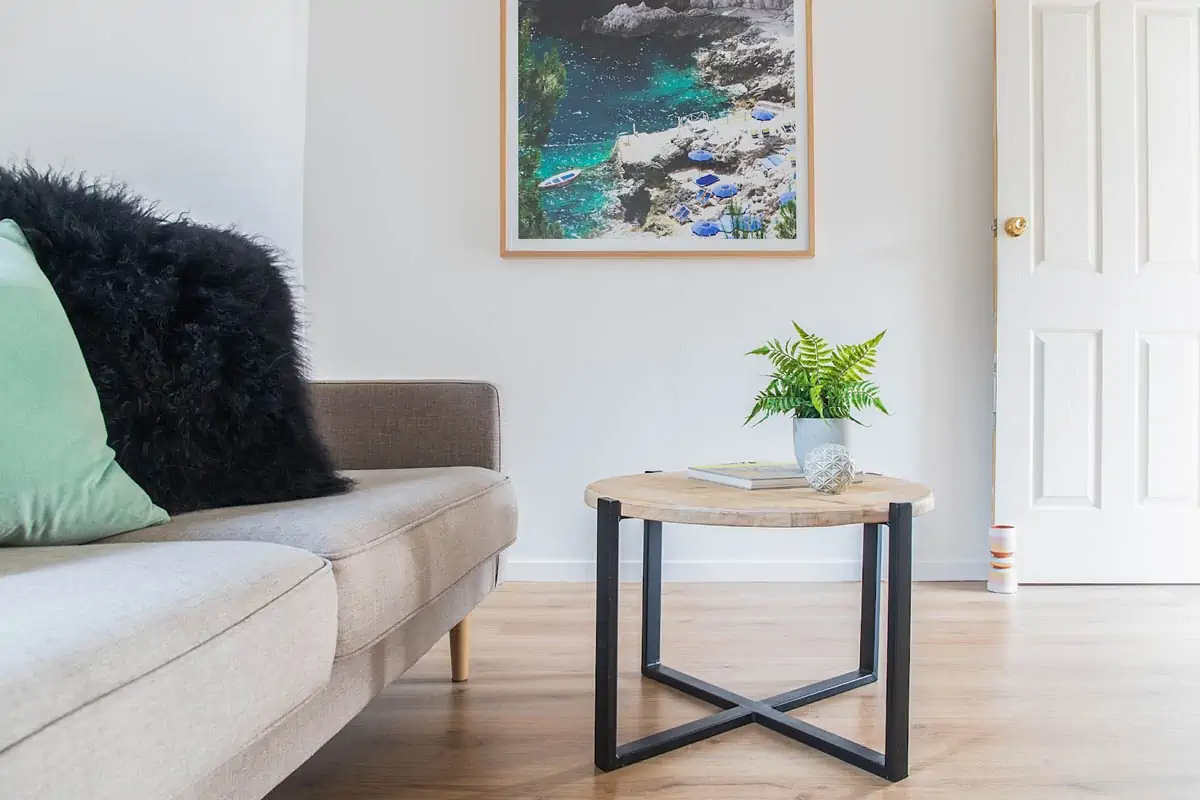 Photo courtesy of mitchel3uo via Unsplash
Photo courtesy of mitchel3uo via Unsplash
3. Occupancy and ownership
The balance between owner-occupied units and rental units in a condo building can significantly influence its overall atmosphere and financial stability. For example, a high ratio of renters could mean more transient residents, which may affect the sense of community and even financing options if you’re purchasing.
Questions to consider:
- What percentage of units are owner-occupied versus rented out?
- Does the building have restrictions on short-term rental, like Airbnb?
- How does the ratio of renters to owners affect the condo association’s rules or long-term planning?
This insight can help you determine if the building aligns with your lifestyle and investment goals while avoiding potential issues like excessive wear and tear or fluctuating community dynamics.
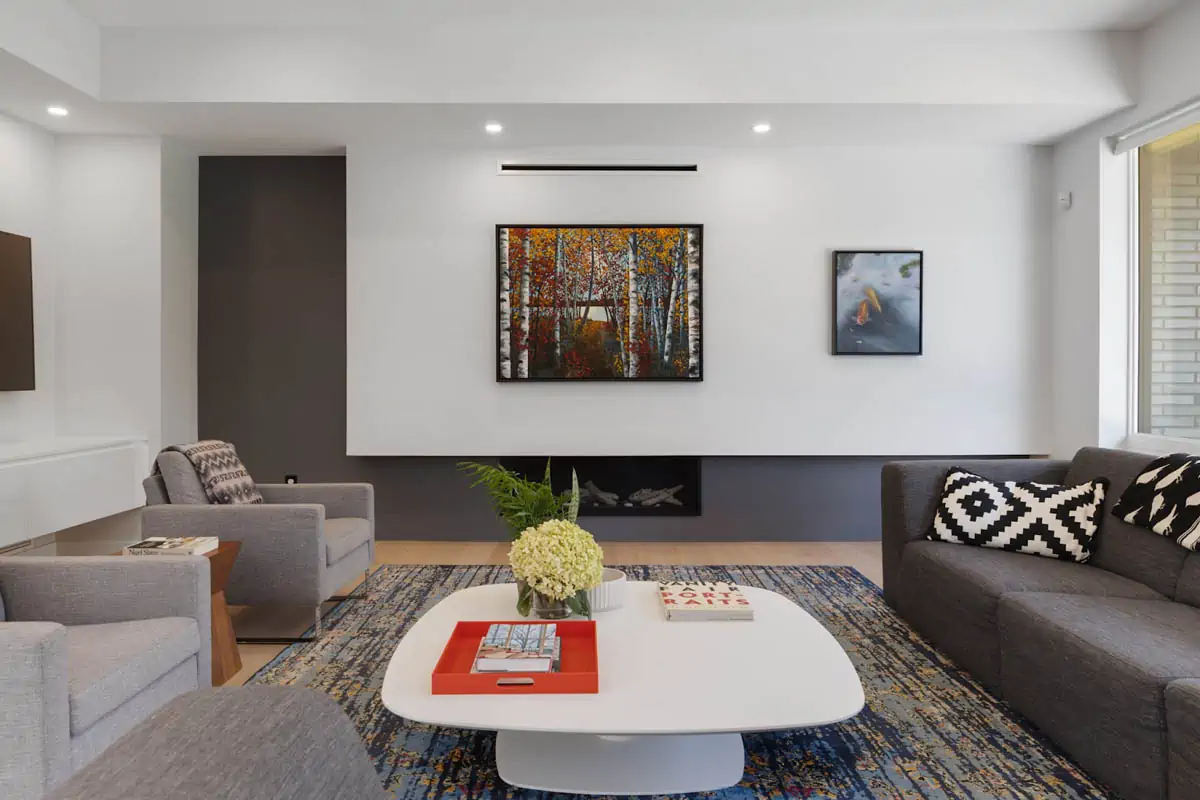 Photo courtesy of 3dottawa via Unsplash
Photo courtesy of 3dottawa via Unsplash
4. Renovation and customization options
If personalizing your space is important to you, it’s essential to understand the rules around renovations or changes to the unit. Some condos have strict guidelines for maintaining uniformity across units, while others may allow greater flexibility.
Questions to ask:
- Are renovations or modifications to the unit allowed? For example, can you repaint walls, upgrade appliances, or install new fixtures?
- What is the approval process for renovations? Is it straightforward, or does it involve multiple layers of consent from the condo association or management?
- Are there any restrictions on the type of changes you can make? For instance, structural modifications or alterations visible from the outside may be prohibited.
Understanding these rules helps you gauge whether the condo can truly feel like your space and avoid potential conflicts if you have plans to make changes in the future. If customization is a priority, a condo with flexible renovation policies will likely suit you better.
A well-balanced occupancy ratio ensures a stable, well-maintained community, while clear and flexible renovation policies give you the freedom to make the space truly yours. Ignoring these aspects could lead to unexpected limitations or challenges that might affect your satisfaction or the property’s appeal in the future.
Post-tour evaluation
Do not just rely on intuition. Freestyling your tour and assessments might leave you overwhelmed or missing critical details. Organizing all the information you gather is key to confidently moving into the decision-making stage. Here are some ideas:
1. Take notes and photos
During your condo tours, it’s easy to forget the details of each unit, especially if you’re visiting multiple properties. To avoid confusion, take detailed notes and photos of important features, issues, and your overall impressions of each condo. Document things like:
- Specific pros and cons (e.g., great natural light but small kitchen)
- Notable issues (e.g., signs of wear, poor maintenance in shared spaces)
- Standout features (e.g., modern appliances, excellent layout)
Organizing these details in a spreadsheet can make comparisons much easier. Include categories like location, monthly fees, amenities, and potential drawbacks for each unit, so you can weigh them objectively later.
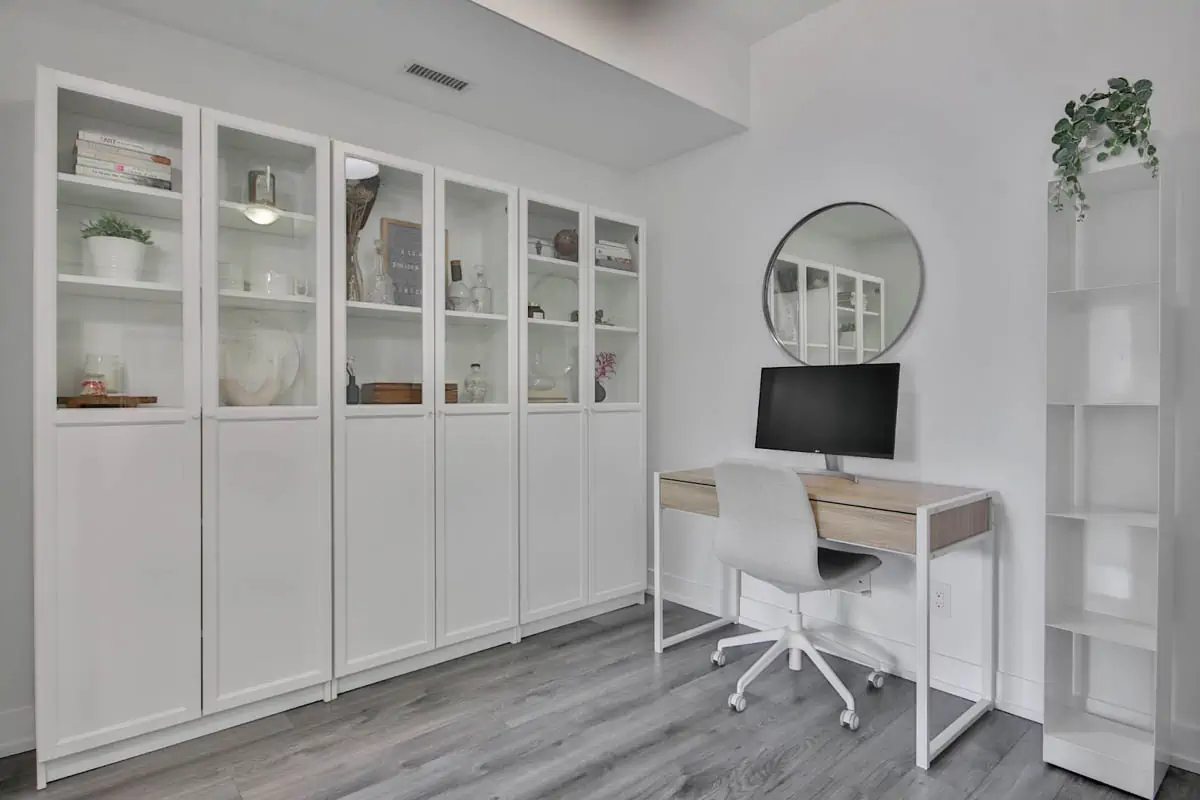 Photo courtesy of lotusdnp via Unsplash
Photo courtesy of lotusdnp via Unsplash
2. Weigh the pros and cons
Once you’ve gathered all the information, evaluate each condo based on your checklist and how well it aligns with your priorities. Some factors, like safety or budget, may hold more weight than others. Consider:
- Does the condo meet your non-negotiables?
- How does it compare to others in terms of location, amenities, and condition?
- Are there trade-offs you’re willing to make, and are they worth it?
Creating a clear list of pros and cons for each unit ensures that your decision is rooted in logic and meets your long-term needs.
3. Follow up with questions
Don’t hesitate to reach out to the property manager or agent for clarifications or additional information. No matter your level of expertise, ask questions to avoid misunderstandings and uncover hidden details.
With DMCI Homes’ 360-degree virtual tours, decision-making becomes a more thoughtful and enjoyable process. You can explore, compare, and choose a home that perfectly fits your needs with clarity and confidence.
This is your chance to address any uncertainties and ensure you have all the information needed to make a confident decision. Remember, no question is too small—your future home and investment are worth it.
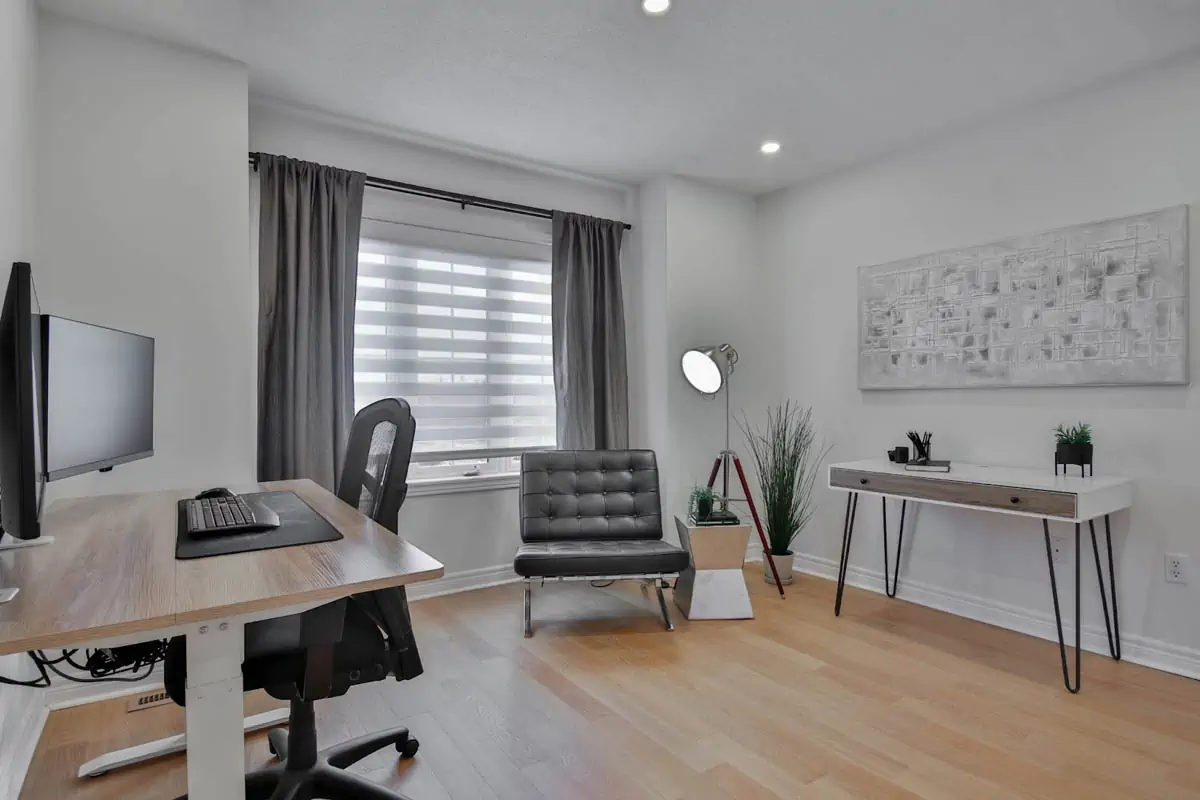 Photo courtesy of lotusdnp via Unsplash
Photo courtesy of lotusdnp via Unsplash
Key takeaways
When it comes to finding the perfect condo, there’s a lot to consider—but breaking it down into manageable steps makes the process smoother for your lifestyle and goals. To wrap it all up, here are three actionable key takeaways to guide you:
- Prioritize the essentials. Focus first on the non-negotiable aspects like location, safety, building and unit condition, and space. These are the foundation of a great condo experience, and sacrificing on these could lead to long-term dissatisfaction or unforeseen challenges.
- Stay organized throughout the process. Take notes, snap photos, and use tools like spreadsheets to keep track of each condo you visit. This helps you compare options objectively and ensures no detail is overlooked. Structure your information so you can easily weigh the pros and cons and make a decision backed by all the facts.
- Ask questions and follow-up. Don’t shy away from clarifying doubts or seeking additional information. The more you know, the more confident you’ll feel about your decision.
Thank you for reading! If you have any thoughts, questions, or tips of your own, we’d love to hear from you! Feel free to engage with us in the comments section of DMCI Homes Leasing Blog or on our social media pages like Facebook.
Don’t forget, you can also explore more about DMCI Homes Leasing by downloading our app on Google Play or the App Store for easy access to condo options and updates.
To stay up-to-date on DMCI Homes Leasing condo options and exciting updates, be sure to follow us on Facebook, Twitter, Instagram, and YouTube. We look forward to connecting with you.






